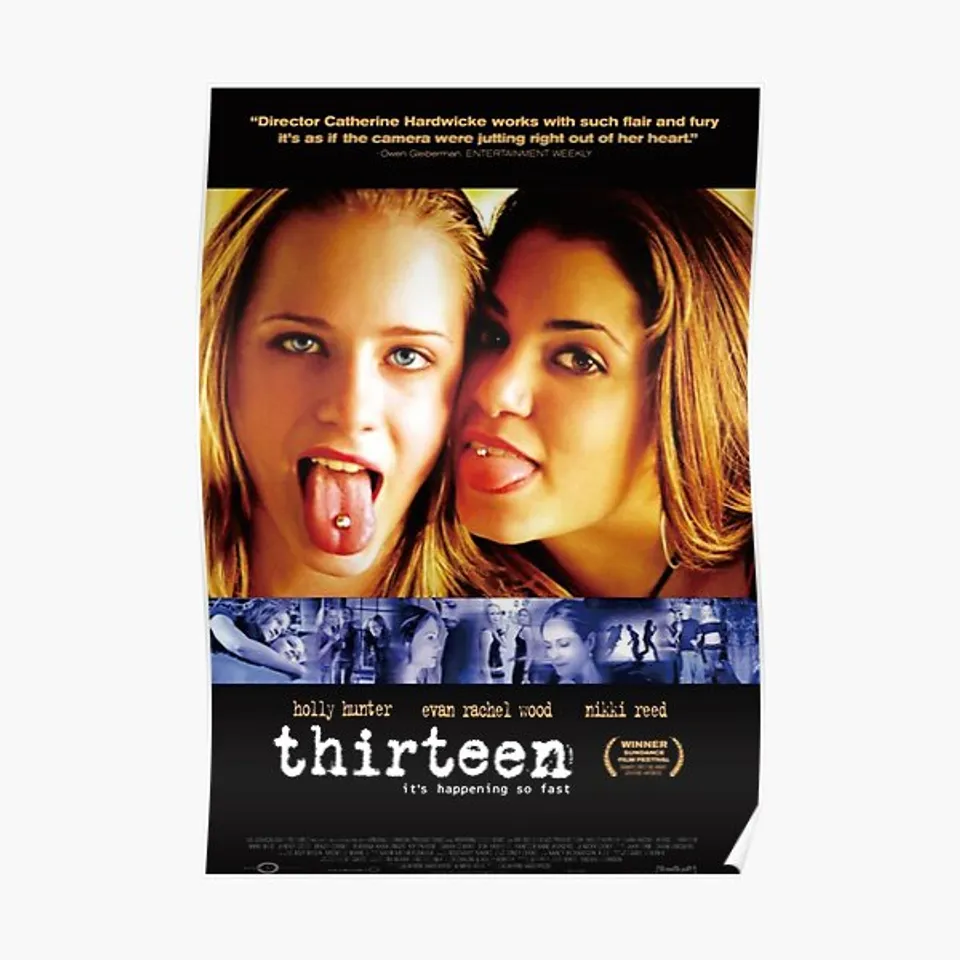A Proposal to Re-Examine the Word ‘Smart’
September 14, 2018
Smart: /smärt/ noun. Intelligence, acumen.
As of late, the denotation of this word has been twisted. I hear it misused frequently, if not daily. Although it is good to praise the accomplishments of others, this word is often used negatively. I have heard dialogue much like the following: “He did well on the test because he’s smart,” or “Her musical performance was exceptional because she’s smart”. Variations of these statements would then be followed up with snide or bitter remarks about how the speaker would never have the ability to achieve success, compared to the achievements, talent, or “smartness” of the person they were speaking of. This negative self-talk and accomplishment-shaming needs to end. I have been in many a conversation where a person claimed that their failure, disinterest, or lack of commitment was because they “weren’t smart.”
But what is smart? “Smart” is used so interchangeably that its true definition has been forgotten. From what I have heard, it would appear that smart can mean anything from intelligent, gifted, attractive, charming, or brilliant, to admirable, wise, active, tactful, or responsible- the possibilities are endless. In other words, “smart” can describe or define any desirable quality. Why is this harmful? Because of the cognitive distortions that it creates. When my peers use the word “smart” to describe someone else’s ability, talent, gift, or success, they also state that “smart” is something unachievable for themselves. They use the term “smart” to justify whether or not something is attainable. In doing that, they fail to recognize their own positive abilities and gifts. Apparently, only a select few are “smart”. So what does that make the rest of us? Well, if we apply the opposite of what smart appears to encompass, that means that people who consider themselves not “smart” see themselves (or others) as obnoxious, dull, greedy, conceited, annoying, dislikeable, cowardly, and so on.
The misuse of this word convinces us that we must be declared “smart” to be happy, successful, and satisfied with life. But the definition of smart is so jumbled that we can never achieve it. The lurking dangers of the incorrect usage of this word, as I (briefly) stated before, includes a variety of negative thinking habits. This may seem far-fetched, but the way we talk about ourselves truly does program our brain to comprehend and function in a certain way. The National Center for Biotechnology Information has hundreds of tests centered around the idea that our brains are malleable and absorb what is around them. Thus, assigning negative labels to ourselves, unconsciously and consciously, and vocalizing false limitations teaches our brain to think and act according to those labels. Let me provide an example. Rock Thomas is a self-made millionaire who is commonly recognized for his major achievements, leadership in the business world, and his motivational speeches. But, he wasn’t always in the place he is now. As a child, he was taught to work. We would normally regard this with an approving manner, but Thomas’ “childhood” was strenuous beyond comprehension. Every morning, before the sun had risen, he was required to feed 22 horses in a rat-infested barn. He was shown no compassion, sympathy, or support. For years he worked but never received anything in return. He joined a hockey team and became an athlete, received academic honors in high school, and still never received any form of approval or congratulations. At the young age of 17, he moved out, and became very successful- married, had a child, learned another language, opened a restaurant, and almost became a millionaire. Years later, he received news that his father was dying of cancer. Obediently, he returned home; cared for the house, paid medical bills, and took care of other financial matters. As his father neared death, Thomas asked him, “Can you think of a time when I made you proud?” Despite his loyalty and sacrifice, his father responded cruelly, “Nothing I can think of.” Shortly after this harsh comment, Thomas’ difficulties increased. His marriage fell apart. His wealth was spent on medical bills and past debts, and as a result of this, he was evicted from his apartment. Despite the odds, he continued to work hard. He decided to experiment in real estate, which is where his life changed. A colleague recognized that, despite Thomas’ work ethic, he had no confidence in himself. He still saw himself as insufficient and weak. Thomas’ colleague told him that they would reprogram his brain by repeating the same phrase daily: “I am ruggedly handsome.” (Thomas admired Clint Eastwood, and considered him to be “ruggedly handsome”.) Thomas told himself that thousands of times, until one day, it changed. He began to tell himself that he was the greatest real estate agent in the area- and he became that. He went from 1 sale in a year to 100 and became the person he is now. “The most powerful force in the human psyche” he said, “is how we describe ourselves to ourself.” Thus, we cannot compare ourselves to others and verbalize those negativities. Otherwise, we will create mental barriers that will be emotionally damaging and inhibit us from ever advancing in life.
Although the true definition of “smart” has been forgotten, it has not been lost. Its true meaning can be revived, and we can continue to develop ourselves. Reach out to others and encourage them to recognize their potential. Repeatedly tell yourself who you want to be, and avoid self-shaming speech. Comparison is the enemy of progression, and it must end before our society as a whole develops a hopeless mindset and inability to improve.



















































































































































